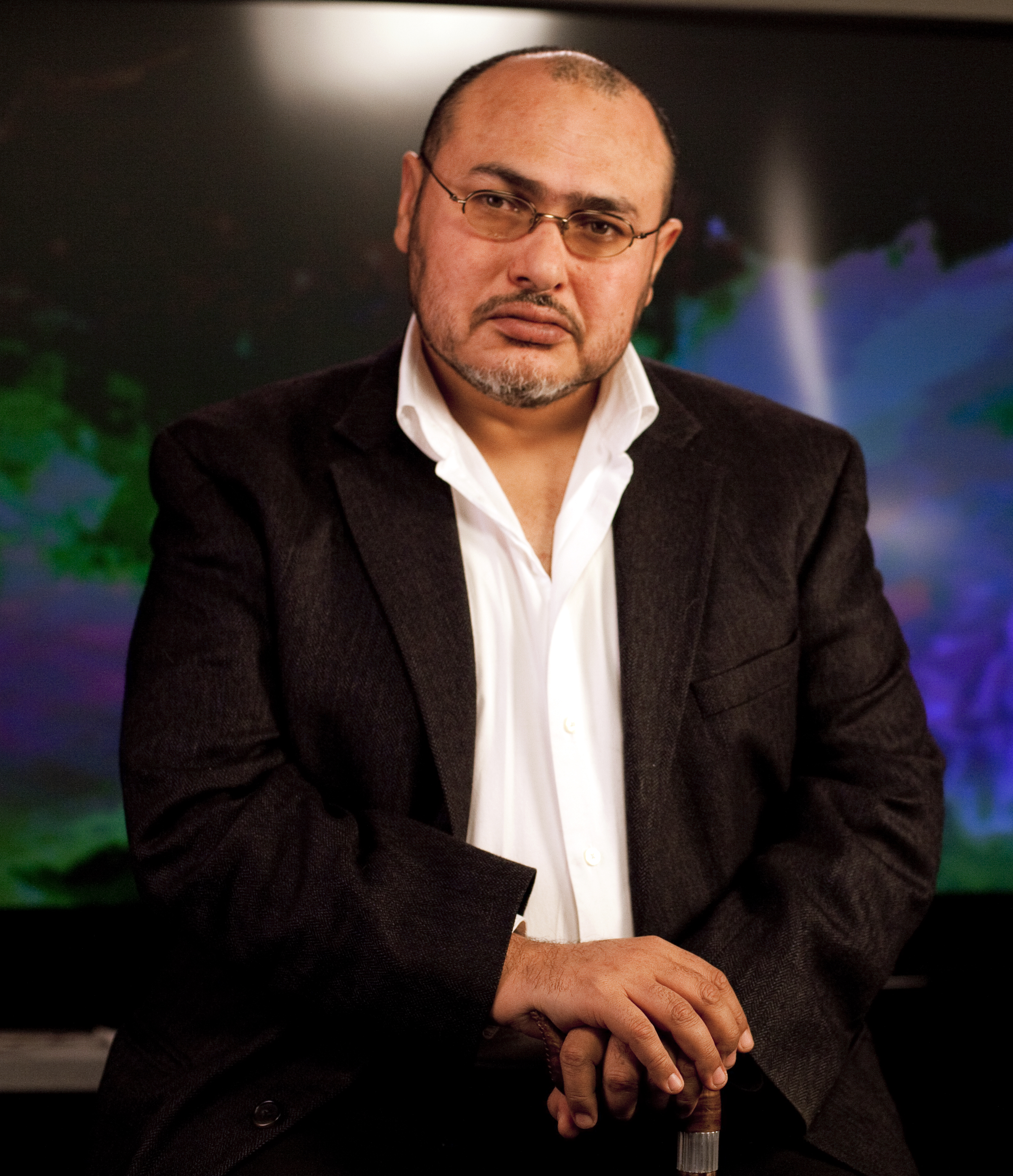An expert on Shariah, the sacred law of Islam, will open the floor this evening to students and faculty who have questions about the Islamic legal system.
Shariah is derived from the Quran and the teachings of the prophet Muhammad, and Muslims follow these laws as an integral part of their faith.
Today’s forum is the second in a three-part series that Khaled Abou El Fadl, professor at the UCLA School of Law, is hosting in response to increased curiosity about Islamic law.
Abou El Fadl is recognized as one of the foremost scholars in Islamic law. He served on the U.S. Commission for International Religious Freedom and currently works for the Advisory Board of Middle East Watch, which is part of the Human Rights Watch.
Current events, including an amendment to the Oklahoma state constitution and the protests in Tunisia and Egypt, have brought Shariah to the forefront of religious debate.
In November, nearly 70 percent of citizens voted to amend the Oklahoma constitution to ban international and Shariah law from being considered in court. While the amendment requires courts to ignore any international law, it was criticized for specifically mentioning Shariah. After an appeal, the amendment was temporarily blocked by a federal judge to see if it violated the U.S. Constitution.
Abou El Fadl said a ruling could affect both civil rights and the power struggle between federal and state law because the federal government usually has jurisdiction when deciding whether or not to apply foreign law.
The event will be moderated by Asli Bali, a UCLA law professor. She said she hopes people will take advantage of Abou El Fadl’s intimate knowledge of the ongoing turmoil in Egypt. Abou El Fadl will begin with a short lecture about how Islamic law relates to the uprisings.
“The revolutions are, in a way, reconstructing what Shariah stands for in the modern age,” Abou El Fadl said.
He compared the current transformation of Islamic law to changes in how we interpret and discuss the U.S. Constitution. As technology and cultural trends change, so does the way scholars and the public look at the foundation of the American government.
“What (Abou El Fadl) is trying to do is counter misconceptions that Shariah brings up in the American imagination,” said Ilona Gerbakher, a fourth-year Middle Eastern and North African studies student who will be attending the forum.
Abou El Fadl said that while he is often invited to give lectures on Shariah abroad, his colleagues here were dismayed that they never had a chance to hear him speak or ask him questions at home.
“I owe it to my own community and my own school to make myself available,” he said. “I want to break this isolation that scholars in (professional) schools typically feel.”
